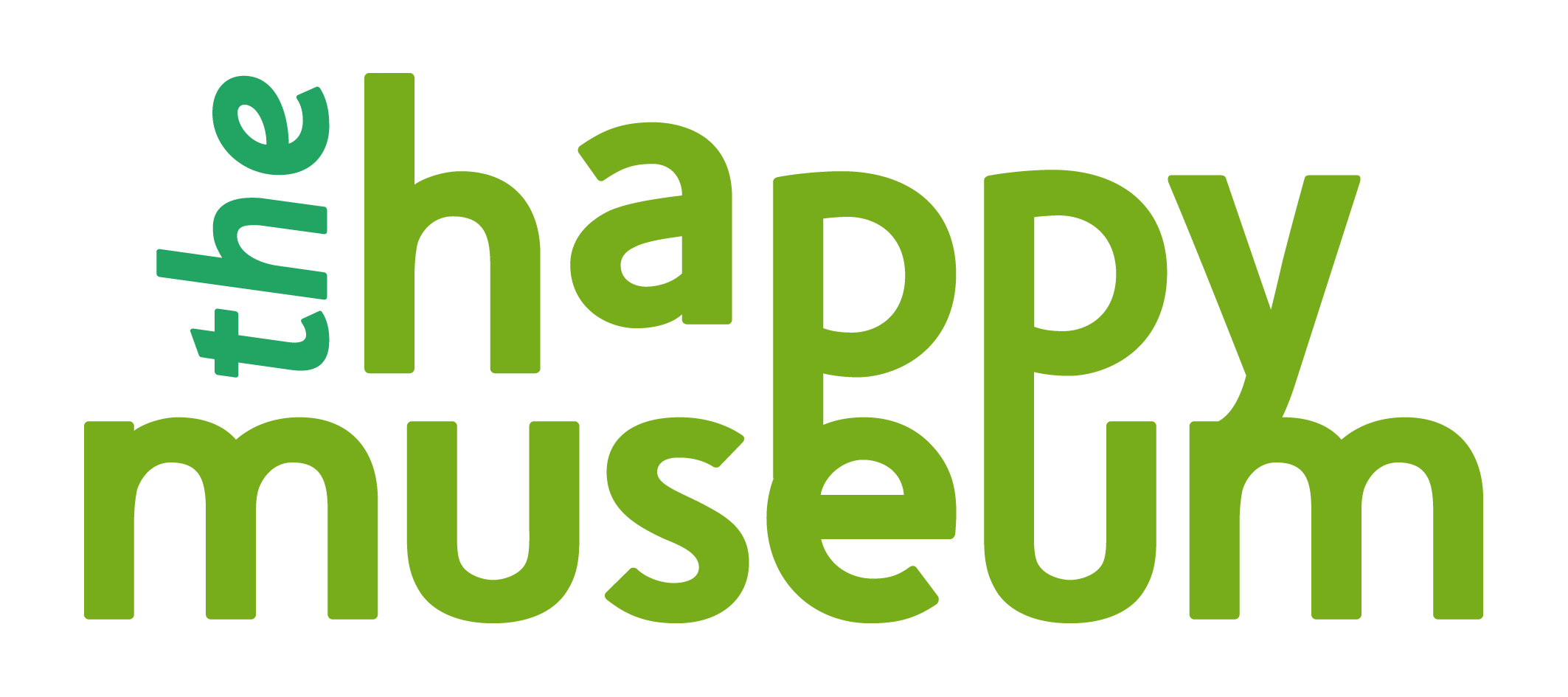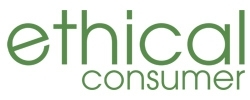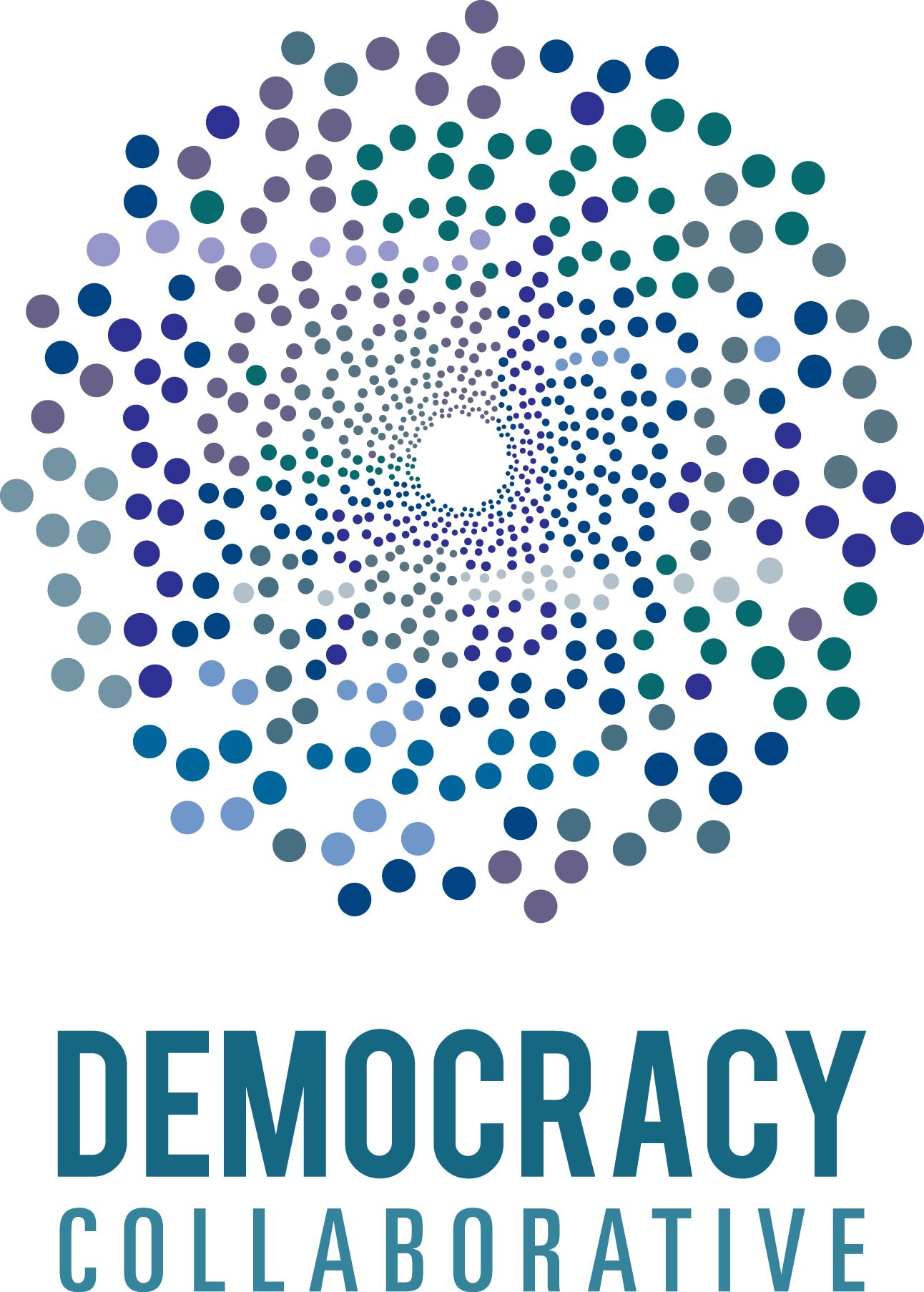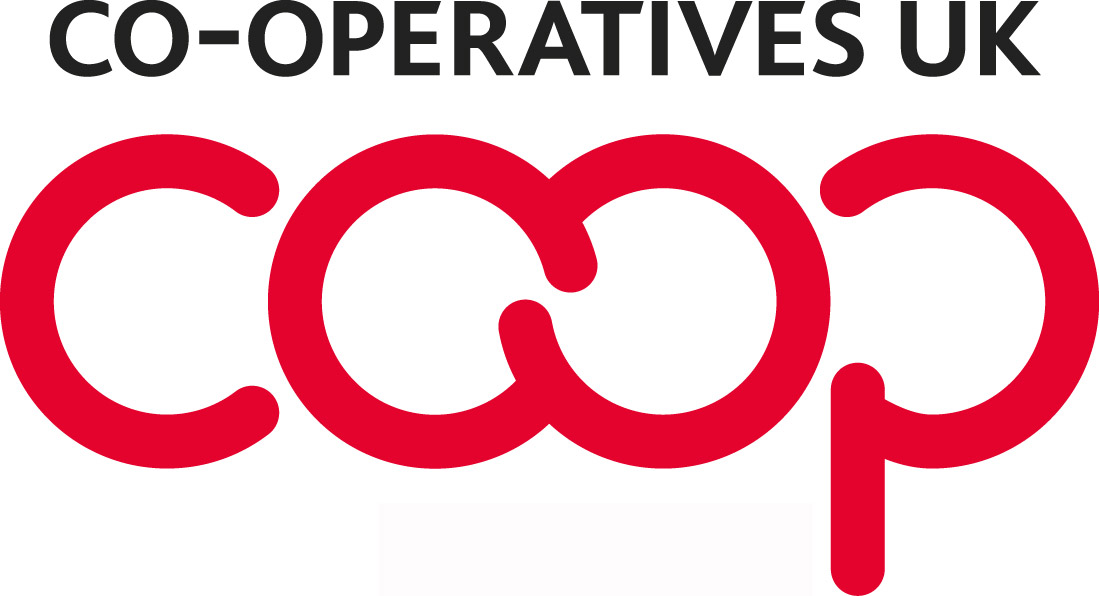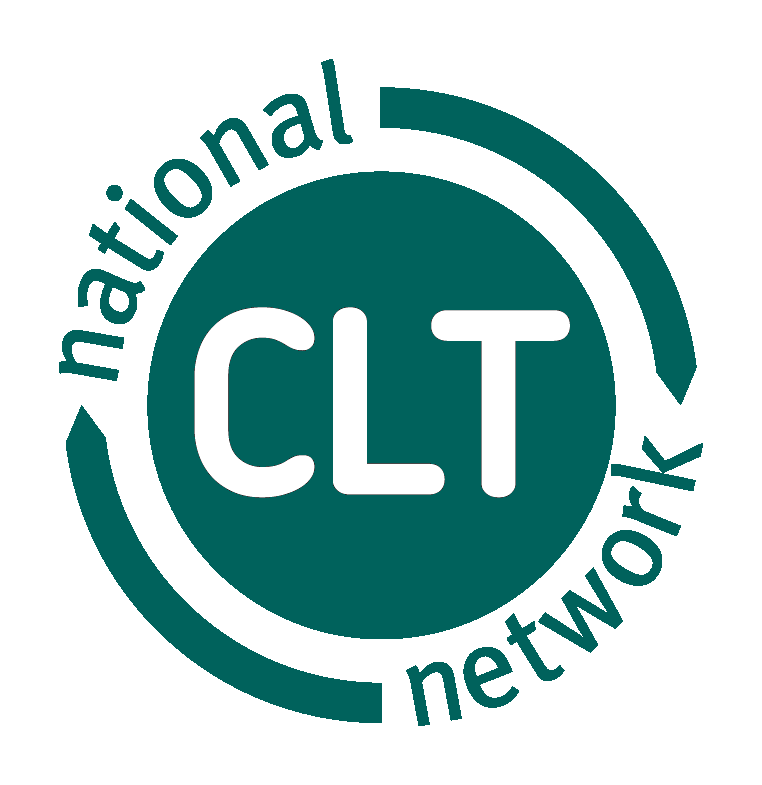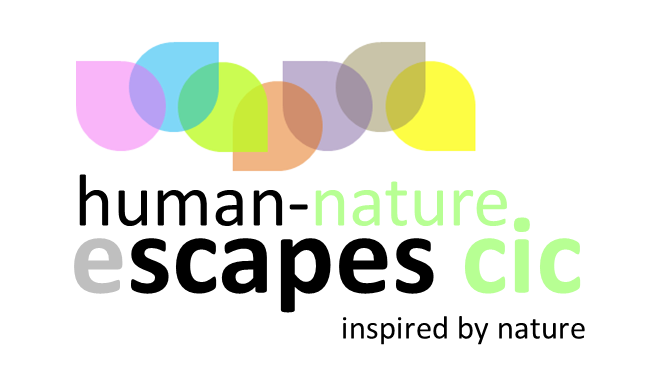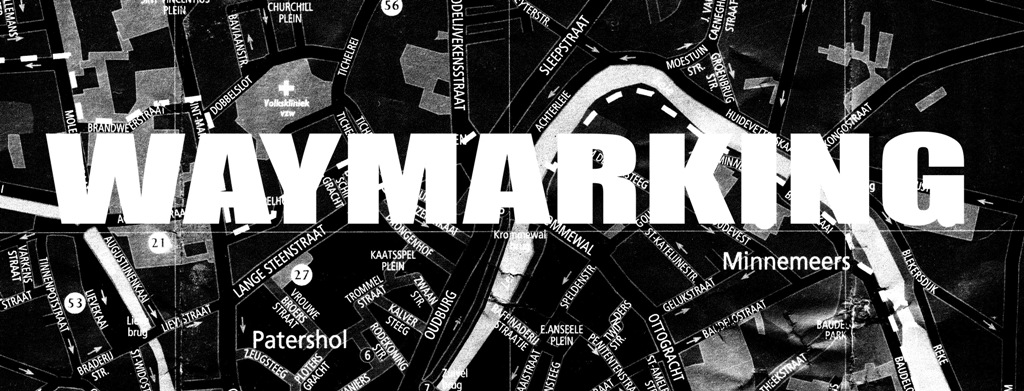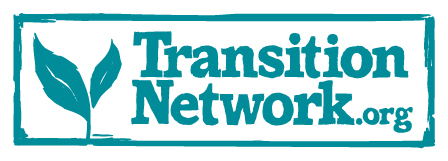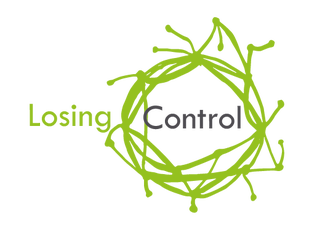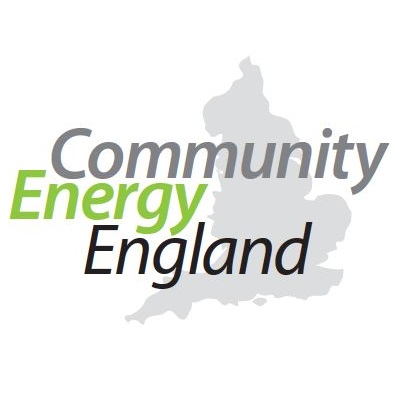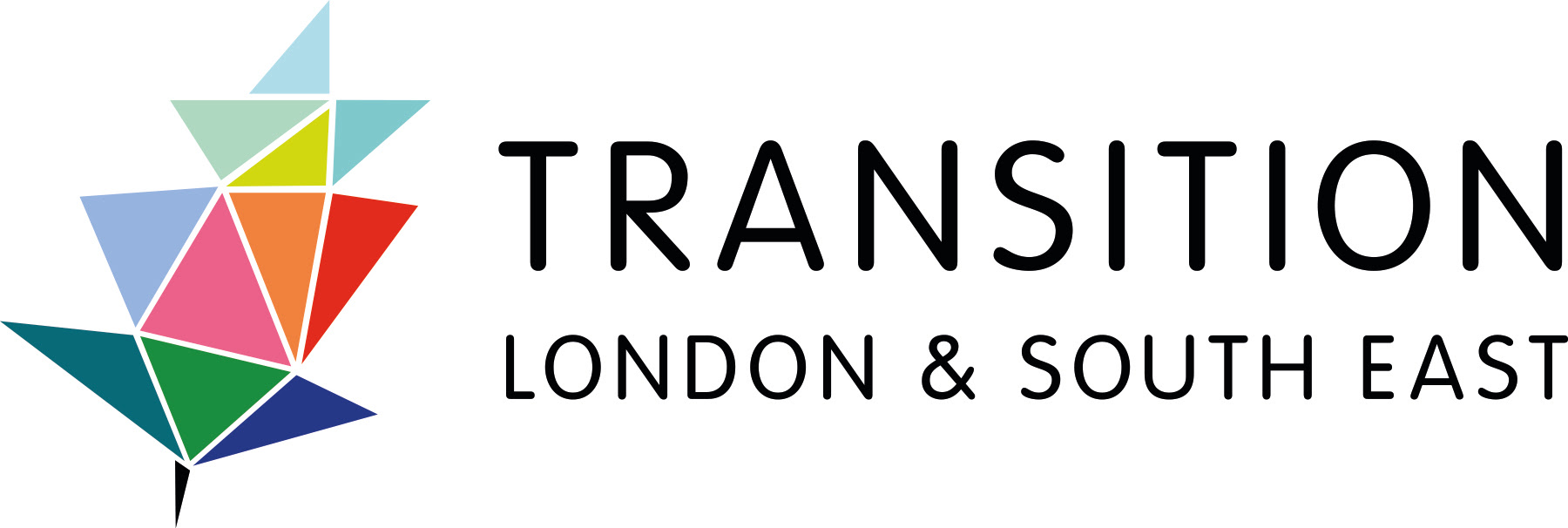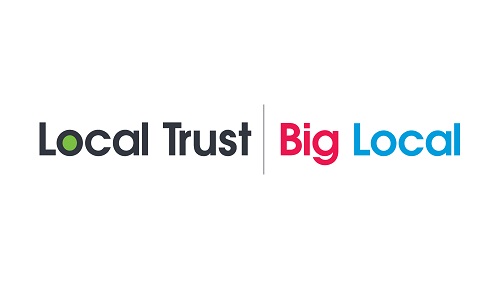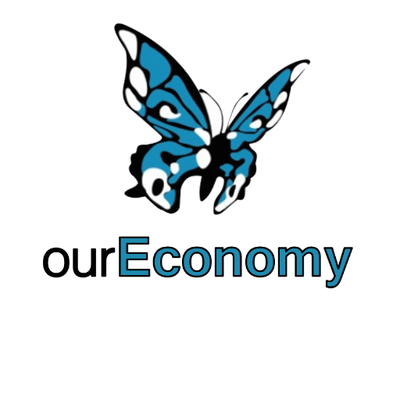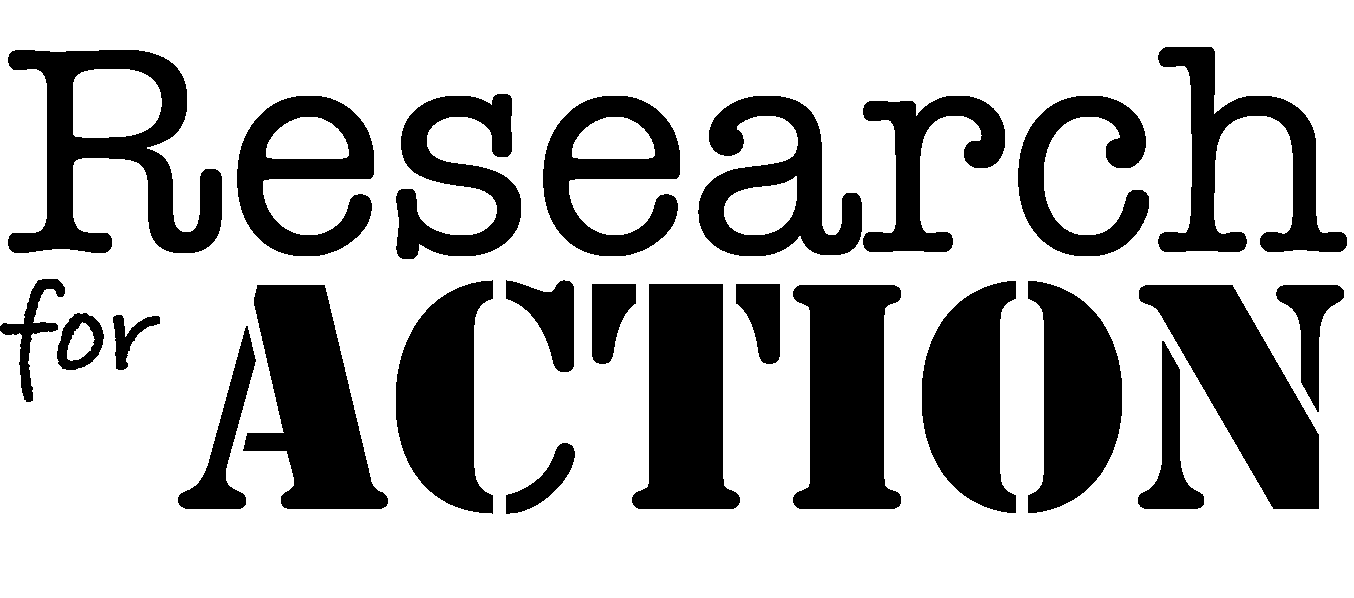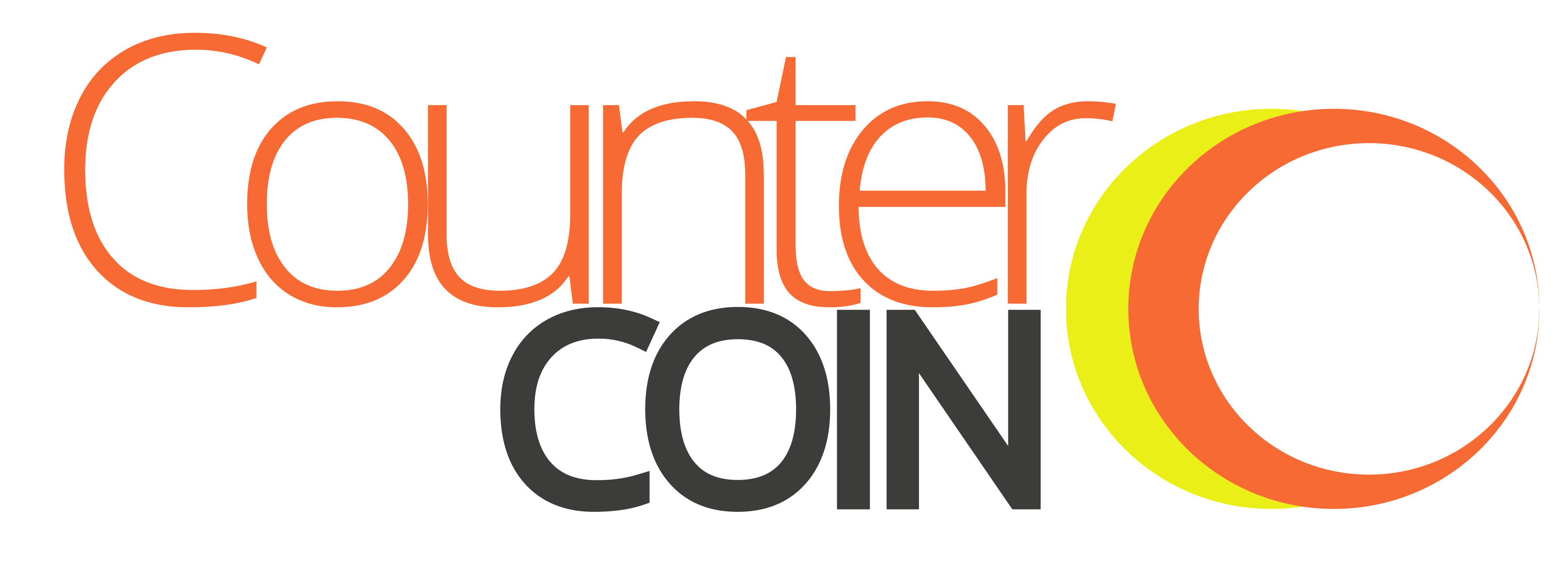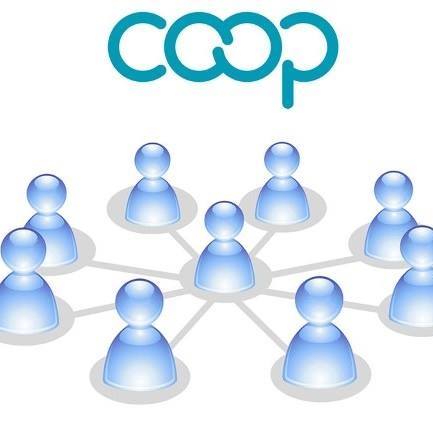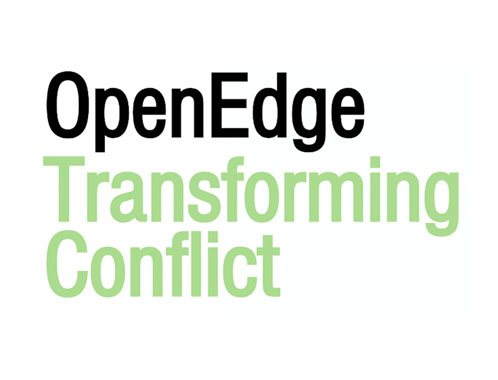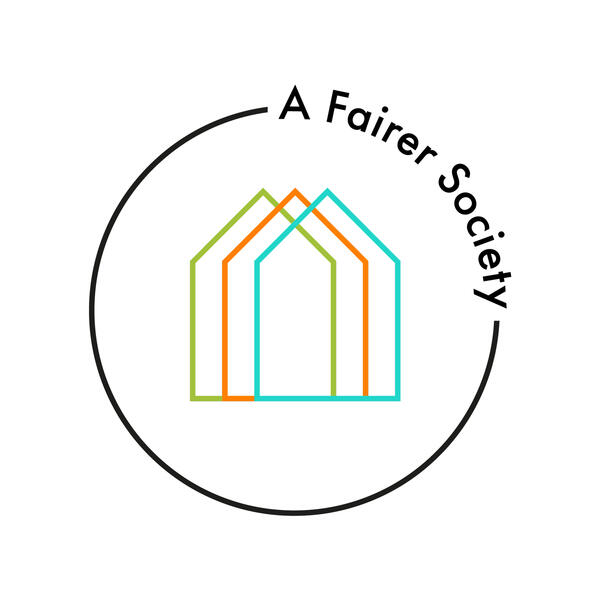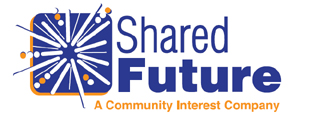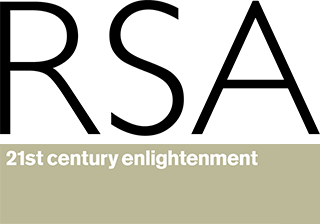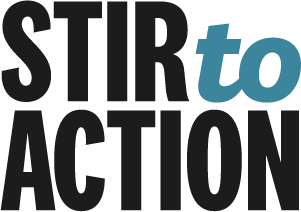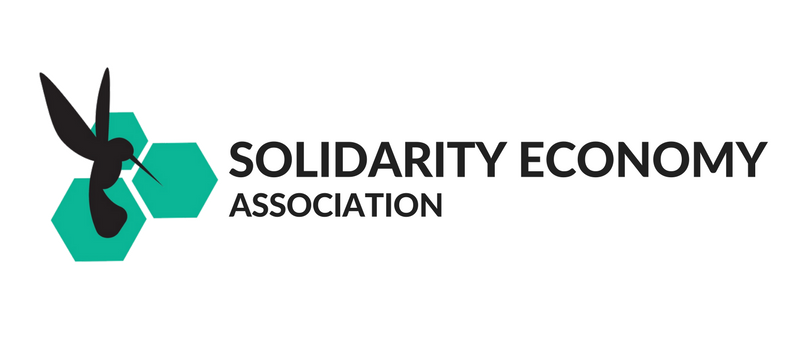About
“Shaping our future together”
How CTRLshift developed and why
CTRLshift was initiated by a number of individuals involved in Permaculture Association, Reconomy, Shared Assets, Transition Network amongst others in 2017 for the purpose of creating a self aligned eco system to come together to affect greater change. This was out of the recognition that we could do so much more if we just got together and began to collaborate more closely.
After the Leave vote we looked around and saw that there wasn’t the strong, connected, aligned movement for positive change we thought there was. Old-fashioned, ineffective organising strategies were still being trotted out and still not producing results. Organisations and networks were still working in silos, making limited progress, missing opportunities to collaborate, failing to learn from others’ mistakes or proven models. Many small but mighty regional activists and organisations were still marginalised by London-centric attitudes pervading ‘change making culture’.
Currently we have a steering group that contains the following people amongst others:
Andy Goldring – Permaculture Association
Mark Walton – Shared Assets
Jay Tompt – Reconomy / Regenerate Devon
Indra Adnan – Alternative Uk
Michael Thomas – Transition Network
Nathaniel Whitestone – A Fairer Society
Kate MacDonald – Timebank Hull and East Riding
Sarah Spanton – Exchanges for Change / Waymarking
Mike Riddell – Countercoin
Georgie Burr – Big Local
Anna Clayton – Ethical Consumer
Plus many others who have been involved in a variety of ways…
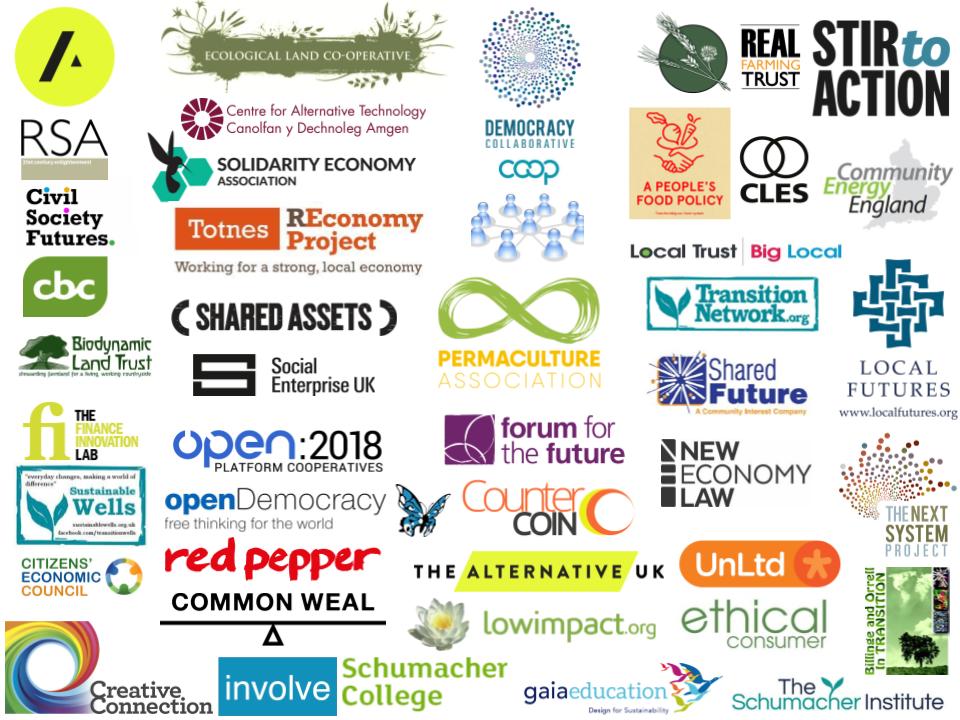
We are in a time of great uncertainty and unfolding crises
The social, economic and environmental failures of the current system are being cruelly exposed by rising inequality, social division, increasingly precarious and insecure employment, an alarming loss of biodiversity and accelerating climate change. On a personal level, an increasing number of people are struggling to meet basic needs of food and housing and maintain positive mental health.
A better future exists
Across the UK individuals, organisations and networks are working to create a future that is inclusive, collaborative, and creates shared benefits. We are creating affordable low carbon housing, local food, renewable energy, sustainable transport, and alternative finance systems from the ground up. Co-operative solutions, entrepreneurial innovation and new forms of democratic and social change are showing ways forward and in some places building local partnerships with the public sector. But these public social partnerships are relatively rare and need greater investment and support. We have the research and policy proposals, campaigns and participatory processes to support new forms of social innovation.
But we lack voice and coordination
Whilst many of the people working for a more participatory, inclusive and regenerative future share a set of values, and are working towards similar goals, our work remains fragmented and siloed. We have yet to demonstrate that we can bring together the different components we are each engaged in to create an alternative system, and our advocacy and policy work lacks voice and coordination. We struggle to work across identities of class, colour, culture, nationality, gender, politics and religion, even when we share values and aspirations for the future.
In a corona virus and post Brexit world, there will be unprecedented opportunities to shape the future of the UK. Will our collective voice be heard, or will the alternatives we have developed be ignored?
Help us shape a positive future
Our purpose is to create the spaces where we can ‘shape our future together’ locally, regionally and nationally.
We believe that the best way to effect change is to bring together those working to reform the system with those actively building practical radical alternatives on the ground. We want to bring together activists, organisers, commoners and entrepreneurs to develop a shared agenda to shift power over our democracy, economy and environment, from Westminster and multinational corporations, to people and communities across the UK. By bringing these solutions together and mobilising people for local and regional action we can make ‘taking back control’ a positive reality.
Our Aim is to create spaces and processes that enable collaboration, alignment and action between change makers, locally, regionally and nationally.
In a way that:
- Makes use of our existing strategies, models, projects, policies, events, skills, toolkits, knowledge and resources
- Involves all sectors of society, without bias
- Connects local, regional and national initiatives
- Is led by values of inclusion, diversity, equity, participation and co-creation
- Responds to the many interconnected challenges such as social and economic justice, racism, poverty, biodiversity and the climate emergency
- Removes barriers to action
- Develops solidarity, mutual trust and understanding
- Builds a collective vision and capacity for action
So that we can:
- Build agency and power in local communities
- Shift power from Westminster and corporations
- Tackle the growing social, democratic, environmental and economic challenges, in order to create a just, inclusive, equitable, ecologically wise, socially regenerative, economically re-localised, adaptive and resilient society, together.
- Develop a shared agenda to shift power over our democracy, economy and environment to people and communities across Britain.
The world we want to help create
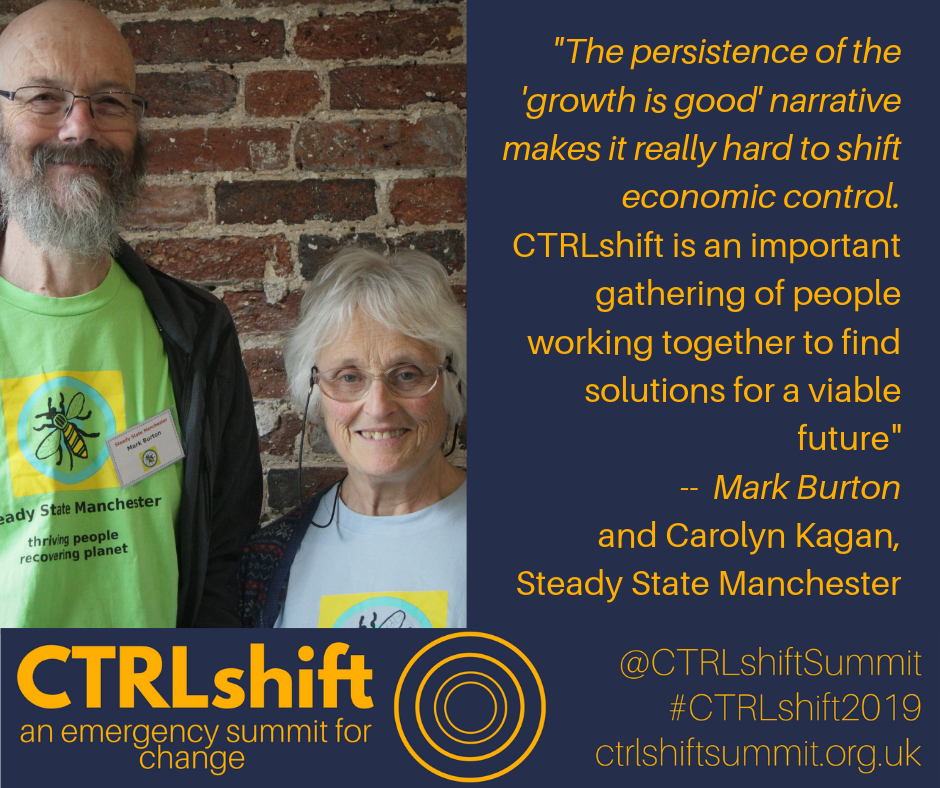
We wish to move away from a dystopian future of social and climate collapse created by a system which exploits individual and environment.
We are claiming the freedom to act together to build a better world for all people.
A world in which as individuals we are embedded within communities of place where we find agency and spiritual fulfilment. All within this place are able to participate in its creation, in recognition of our essential equality and unity as human beings.
In this world, we meet regularly in safe and beautiful spaces, to talk, play, create, learn. We meet in democratic forums, where we are involved in the decisions that affect our lives. We confederate with neighbouring communities to make decisions at regional and national scale. We feel a sense of ownership and responsibility to the place we belong, and we give back to it.
In this world, we have regular contact with nature. Our land is owned and managed in common, so that the wellbeing of all members of the community is guaranteed.We understand that we are inextricable from our environment, and we are responsible for stewarding it for the benefit of all beings, current and future. Preserving and restoring biodiversity, mitigating and adapting to climate change, are further priorities.
In this world, any enterprise we undertake serves the community’s well being and operates within the confines of sustainability. We collaborate in worker owned, shared governance cooperatives. We have warm, low-carbon homes. Our energy is renewable. Our transport is green. Our food is mostly local. Change makers compete to find better answers to the issues we face, with the love of their trade and the benefit to their community, as their reward.
In this world, most of us are happy, most of the time.






